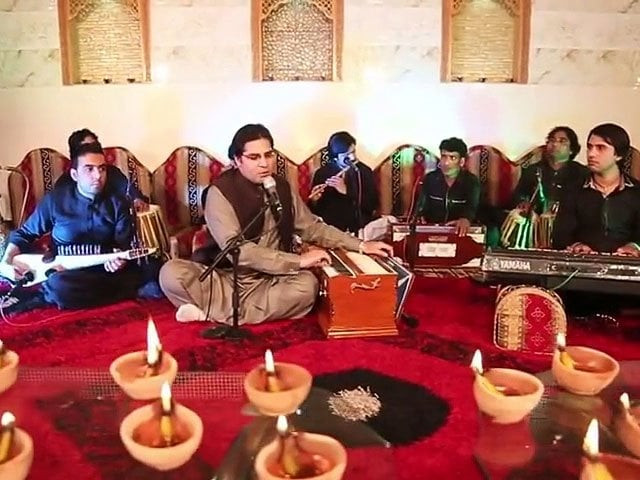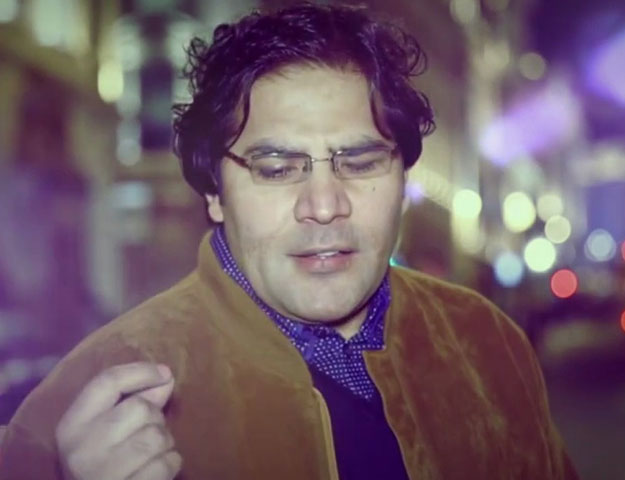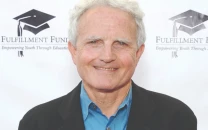Karan Khan rediscovers Rahman Baba’s kalaam in new qawwali
Singer says Pashto poetry and Sufism go hand in hand but not enough is being done to preserve this connection

PHOTO: PUBLICITY
Khayest, the first video from the album, shows Khan and his companions performing at the shrine of Abdur Rahman Baba; a place where his message of devotion, peace and tolerance is still propagated and practiced.
Releasing qawwalis was quite a trend in Pashto music back in the day but it has died out in the past few years. “It is importa¬nt to revive qaw¬wali tradition and convey the messages of Sufi poets to the pu¬blic,” Kh¬an told The Express Tribune. The singer is also a well-known producer with a huge follo¬wing among Pakhtuns on both sides of the Durrand Line.
This US based qawwal group vows to change the outlook of Qawwali
The 10- minute long qawwali is part of Khan’s album Aatrang, which is scheduled to release before Ei¬dul Fitr and has been spon¬sored by Lens Production, an Austrian company that wo¬rks for the preservation of Pashto music. Members of his team include Asif Khan, Shaukat Paniyal, Ja¬ved, Talha Haroon, Shakir Arman, Waqar Atal and Yammy Khan.
Karan asserts that he decided to shoot the video at the shrine not because it is Baba’s kalaam but because the singing of mystical poetry has always been associated with shrines. This tradition was particularly dented when Baba’s shrine was attacked by terroris¬ts in 2009.
 PHOTO: PUBLICITY
PHOTO: PUBLICITYThe idea is to give transgender community an opportunity so they can be perceived as equals: Gohar Rasheed
Khan’s album comes as a ray of hope for Pashto music where piracy and easy access to downloadable music has made things difficult for musicians. According to Khan, people still want to listen to and appr¬eciate good work. So, despite all the hurdles, he has decided to release his album and only time will tell whether it connects with the audience or not.
“Singers are releasing singles these days, that too just to remain relevant and nothing else. Album sales were the main source of income for artists in Khyber-Pakhtunkhwa and now that they don’t get the return for it, they have no other choice but to fade away.”
Khan believes that the woes of KP’s musicians are never going to end. If militancy was to blame earlier, piracy is to blame now.
American bluegrass band, Hamza Akram Qawwal set the stage on fire
How it all started
Pashto poetry and Su¬fism have a very close relationship. Though Rahman Baba is the most famous poet and eve¬ry Pakhtun has memor¬ised a few of his vers¬es, it was actually Bayaz¬id Ansari, the 16th century poet, who is believed to have introduced Sufism in Pashto poetry.
Ansari was also known as Pir Rokhan or the En¬lightened Spiritual Guide. Among the mod-ern poets, late Amir Hamza Khan Shinwari, known as Baba-e-Ghazal, had an inclination towards Sufism.
Have something to add in the story? Share it in the comments below.



















COMMENTS
Comments are moderated and generally will be posted if they are on-topic and not abusive.
For more information, please see our Comments FAQ